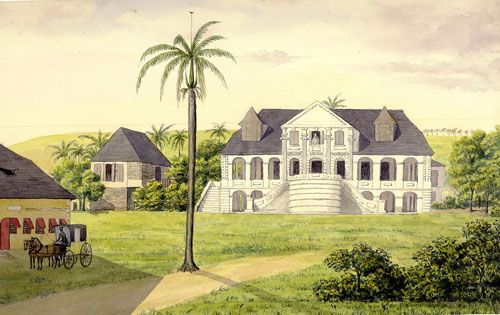From King Leopold in Belgium to Edward Colston in the UK, cities and citizens across the world are defacing and toppling statues of individuals connected to slavery and bigotry of yesteryear.
Even NASCAR has finally banned the Confederate flag at its events.
Now, Copenhagen is looking into honouring those who stood up to Denmark’s colonial past by naming some of the city’s streets after a number of the slave rebels who fought to free their people from their shackles in the Danish West Indies.
“My political colleagues need to agree, but I expect they will vote for this,” Ninna Hedeager Olsen, the deputy mayor for technical and environmental issues, told DR Nyheder.
Referring to the erection of a statue of slave rebel leader ‘Queen Mary’ in Copenhagen in 2018, Olsen continued: “We’ve already taken the first steps in taking responsibility and being honest about our slavery history in the city.”
READ ALSO: Wrecks of Danish slave ships identified in the Caribbean
Mary Thomas Gade?
Olsen went on to mention that the Nordhavn district was an option for the new street names.
The news comes on the heels of 15,000 people participating in the Black Lives Matter march in Copenhagen last Sunday.
Some of the names being mentioned for the new street names are Axeline Elizabeth Salomon, Mary Thomas, Gottlieb Bordeaux, David Hamilton Jackson, and Mathilda McBean, who all led slave uprisings against their Danish oppressors.
Thomas even spent time in prison in Copenhagen in the late 19th century.
Denmark owned the three islands Saint Thomas, Saint Jan and Saint Croix up until 1917, when they were sold to the US.
In 1792, Denmark became the first European country to ban slave trading from Africa to the West Indies, although slavery on the islands was still permitted up until 1848. However, conditions did not improve much after that.















